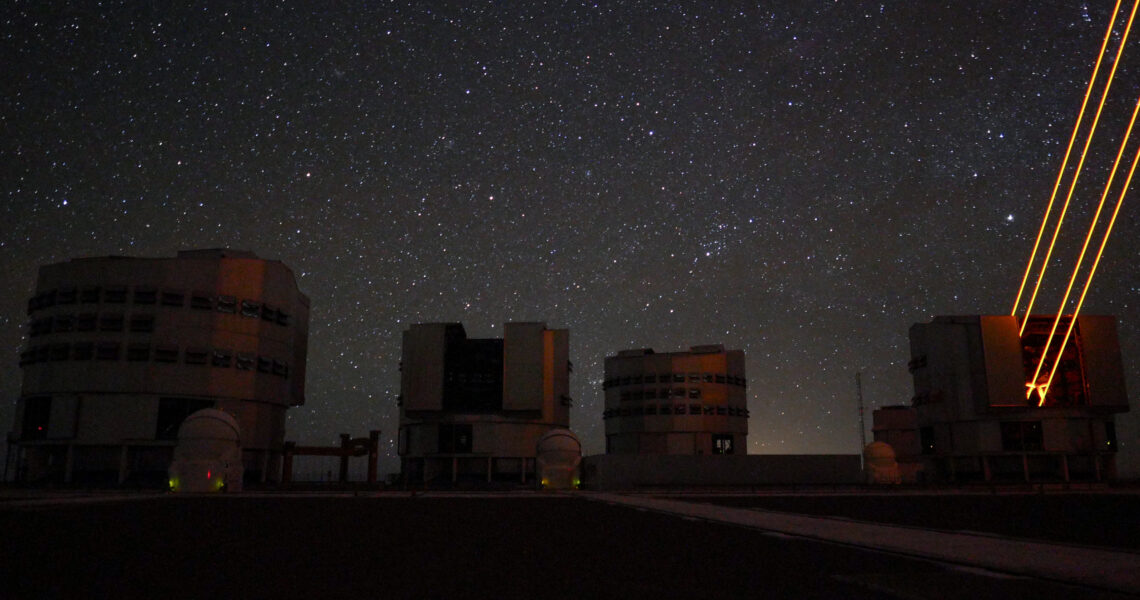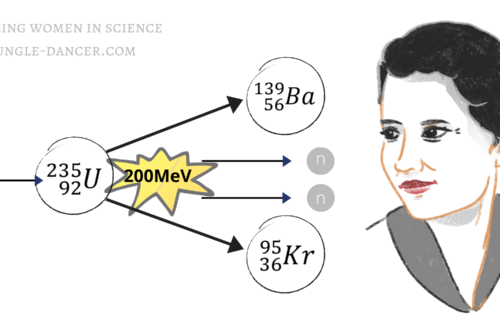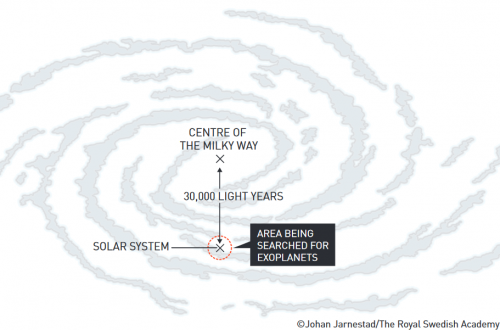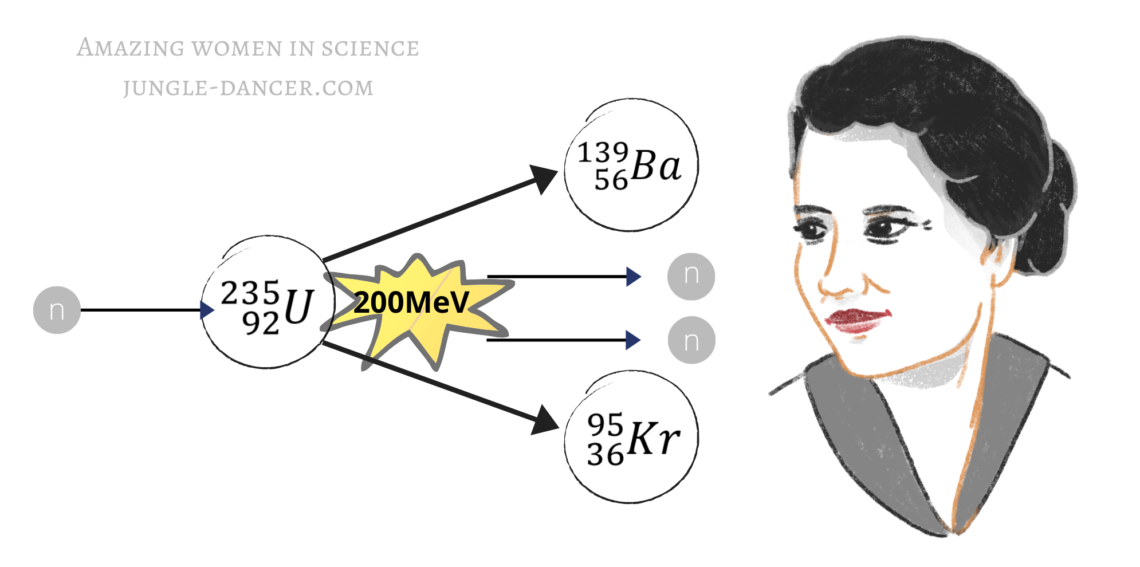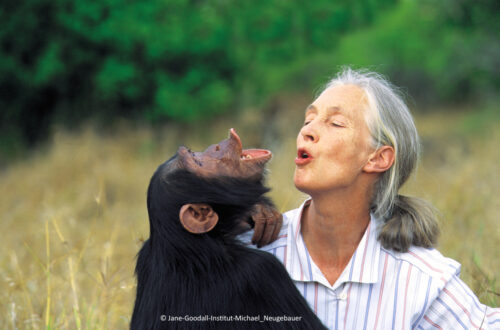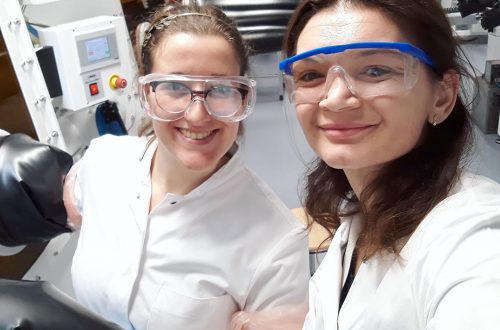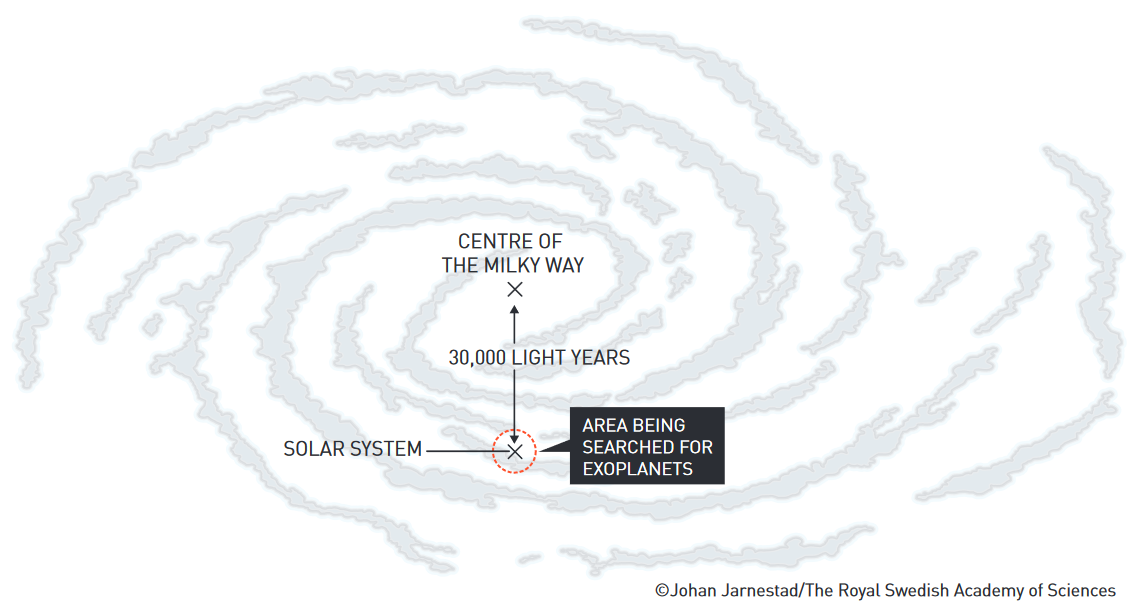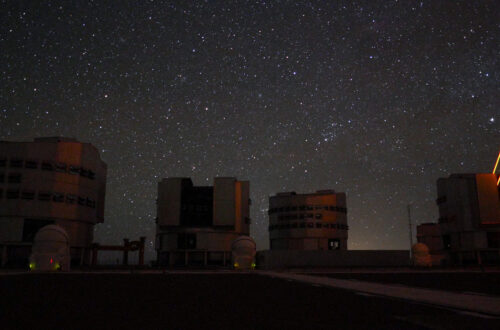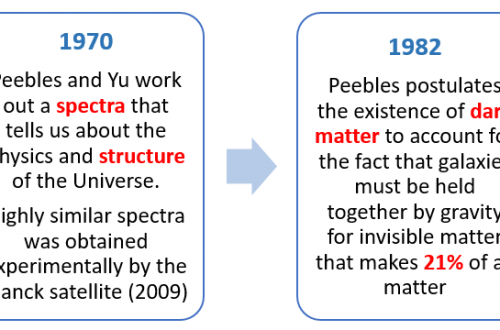-
The Paranal observatory in Chile: Dr. Johanna Hartke takes us to the frontier of astronomical observations
21st of December 2020 is an extremely interesting astronomical day, so in order to celebrate it, I have interviewed Dr. Johanna Hartke – an outstanding astronomer who works for the European Southern Observatory at the Paranal observatory in Chile. What makes 21st of December so special? In addition to the winter solstice – when we mark the shortest day in the year and the official start of the winter - this year we also enjoy two other exciting astronomical events: the peak of the Ursids meteor shower and the so-called “great conjunction” of Jupiter and Saturn.
-
Lise Meitner: yes to nuclear fission, no to an atomic bomb!
Lise Meitner: a physicist who never lost her humanity. This is the inscription of Lise Meitner’s headstone and quite rightfully so. I am not sure if any other Physicist showed more dedication and humanity while searching for the ultimate truth than Meitner; yet, despite 19 nominations for the Nobel Prize in chemistry, and 29 nominations for the Nobel Prize in physics, for many people Meitner still remains an unknown name! What makes Lise Meitner especially prominent and inspiring physicist in my eyes is not only her brilliant mind; the World of physics has seen many of those. Instead, is her integrity, her accountability and her scientific ethics. Unlike some of…
-
Searching for a PhD position in Germany? Here is what you need to know
A while ago, I did an interview with a friend of mine on the topic of: (finding a) PhD position in Germany. The interview is available later in this post. Nevertheless, as a first and the most important side remark - keep on reading and watch the interview if you are interested in: why should I go for a PhD position in Germany, eligibility criteria, scholarships and funding, what comes after the PhD, and so much more.
-
Nobel Prize in Physics 2019 Part II: Michel Mayor and Didier Queloz
We have always been and always will be curious whether there are Earth-like planets somewhere in our Universe and whether there is life as we know it on these other planets as well. We have always been fascinated by the starry sky and have invested lots of time (later, also money) to investigate the frontiers that lie beyond our imagination. With the discovery of the first exoplanet - named 51 Pegasi b, which Michel Mayor and Didier Queloz announced on a conference in Florence, Italy, on 6th of October, 1995, the astrophysical revolution was born.
-
Nobel Prize in Physics, 2019 Part I: James Peebles
The foundations of physical cosmology were set in the 1960s and by the mid of the 1980s, these foundations gloriously transformed into a palace of knowledge for our Universe. Large portion of the relevant theories were developed by James Peebles who, with his creative and bold questioning of the Universe’s structure and history, set the cosmological field on the Physics map and paved the way for a new world of knowledge, freed from the chains of legends and myths. This year, for his life-long dedication and “contribution to our understanding of the evolution of the universe”, James Peebles is awarded one half of the Nobel Prize in Physics.
-
On Physics and Longing
I grasp the idea that those mornings when I wake up and see your face on your pillow is because light interacts with matter and this brightens not fonly your superbly perfect facial features, but also my day.

